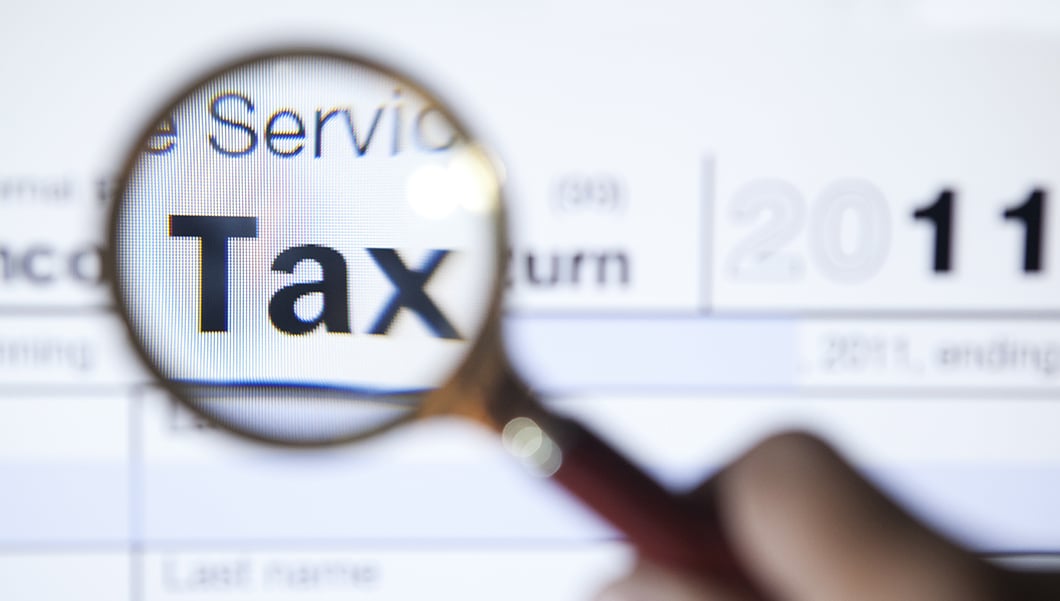
Tax E-News/ June
TAX AVOIDANCE CRACKDOWN AFFECTS “FOLLOWERS” OF FAILED SCHEMES
There have been a number of high-profile celebrities who have been involved in tax avoidance schemes that have been successfully challenged by HMRC in the courts. This seems to be a deliberate ploy by HMRC to give their current stance on tax avoidance greater exposure in the press, to put off other taxpayers who are considering using tax avoidance schemes.
Controversial new legislation in the latest Finance Bill will require “followers” of schemes that have been successfully challenged by HMRC to amend their tax returns in the light of the court’s ruling, even though that decision may be subsequently overturned on appeal. Taxpayers will be issued with a “follower notice” instructing them to amend their tax return in line with the court ruling, and will be faced with a penalty if they ignore the notice. Furthermore, the tax in question will need to paid in full pending the outcome of any appeal.
HMRC SEEKING POWER TO RAID TAXPAYERS’ BANK ACCOUNTS
Another controversial measure is being proposed by the Government to give HMRC the power to recover unpaid tax over £1,000 from taxpayers’ private bank accounts. We are told that this new power will only be used where the taxpayer has ignored several demands for payment and the taxpayer’s bank account should not be reduced below £5,000 by HMRC. It would appear that this proposed new power will extend to joint bank accounts in the tax debtor’s name.
SHOULD YOU REIMBURSE YOUR EMPLOYER FOR PRIVATE FUEL?
In addition to the benefit in kind charged on directors and employees who are provided with a car for private use, there is a further taxable benefit should their petrol or diesel be paid for in respect of private journeys. Like the car benefit, the fuel scale charge is based on the official CO2 emissions percentage for that vehicle, multiplied by a notional list price of £21,100 for 2013/14 and £21,700 for 2014/15.
The P11D benefit for 2013/14 for a director driving a diesel car with emissions of 125g/km would be 20% (17% plus 3% for diesel) multiplied by £21,100, regardless of the actual list price of the vehicle = £4,220. This benefit in kind applies unless there is full reimbursement of private fuel, generally by the end of the tax year. HMRC suggest that their advisory fuel rates, now published every 3 months, should be used for this purpose.
A higher rate taxpayer would pay £1,688 income tax (at 40%) on this benefit, and using a reimbursement rate of 14p per mile would need to drive 12,057 private miles to make paid-for private fuel beneficial. The employer would also have to pay Class 1A national insurance at 13.8% on the £4,220. There are also VAT implications.
VAT FUEL SCALE CHARGES REDUCED!
We are so accustomed to rising motor taxes that it was a nice surprise to see the VAT fuel scale charges (in respect of petrol and diesel supplied for private motoring) decrease. This reduction is to commence on or after 1 May 2014 and follows the recent reductions in the price of petrol and diesel.
The new quarterly charges range from £156 (inclusive of £26 output tax) for a car emitting 120g per km or less to £548 (£91.33 output VAT) for cars emitting 225g/km CO2.
Remember that unless the director / employee fully reimburses the employer for private fuel, the appropriate amount for the company car should be shown as output tax for the return period. A credit entry made to motor expenses should be made in the business accounts.
FORMS P11D DUE BY 6 JULY
As mentioned in the tax diary, the deadline for filing 2013/14 returns of benefits and expenses paid to employees is 6 July 2014. Significant penalties can be incurred for incorrect returns, so great care is required. The most common benefits in kind that need to be reported are company cars and loans of over £5,000 on beneficial terms. Unless the employer holds a dispensation from HMRC, employees’ and directors’ reimbursed expenses (such as travel and subsistence) also need to be reported.
We can assist you in completing the forms and to put in place procedures that will satisfy HMRC requirements to grant a dispensation from reporting certain expenses.
WHAT SHOULD YOU DO IF YOU FIND AN ERROR IN AN EARLIER VAT RETURN?
If you identify an error in an earlier VAT return, you can correct it by including the net effect in the latest return, providing that the error is no more than the greater of £10,000 and 1% of the Box 6 figure (total sales ex. VAT) on your VAT return for the period that you discover the error, subject to an upper limit of £50,000. Your VAT workings to correct the error should of course be retained. To avoid a penalty, you also need to report certain errors to the VAT Error Correction Team using form VAT 652. We can assist you with this if necessary.
TAX DIARY OF MAIN EVENTS FOR JUNE / JULY 2014
| Date | What’s Due? |
| 1 June | Corporation tax for year to 31/8/13 |
| 19 June | PAYE & NIC deductions, and CIS return and tax, for month to 5/6/14 (due 22 June if you pay electronically) |
| 1 July | Corporation tax for year to 30/9/13 |
| 6 July | Forms P11D and P11D(b) for 2013/14 tax year, and where appropriate form P9D |
| 19 July | PAYE & NIC deductions, and CIS return and tax, for month to 5/7/14 (due 22 July if you pay electronically); payment of Class 1A NICs for 2013/14 (22 July if you pay electronically) |
Guide to selling your business
Your simple guide to helping you maximise the value in your business.
Sign up to receive alerts
Call us on 01628 770 770 for a no-obligation chat
You may also be interested in...
New Companies House filing requirements under the Economic Crime and Corporate Transparency Act (ECCTA) 2023.
What’s happening? The ECCTA received Royal Assent in October 2023 and gives more powers to Companies House to play a more significant role in tackling economic crime and supporting economic growth. Introduction of new laws under the ECCTA will be…
Companies House Filing Fee Increases from May 2024
From Wednesday 1st May 2024 the revised Companies House filing fees will come into effect. The change comes following The Economic Crime and Corporate Transparency Act 2023 which allows Companies House increased powers to ensure accuracy, verify the…
April 2024 – Tax News
Happy new tax year In this April issue we highlight some of the key tax changes that take effect from the start of the new tax year. Unfortunately, most of the income tax and national insurance thresholds continue to be frozen, resulting in an…



